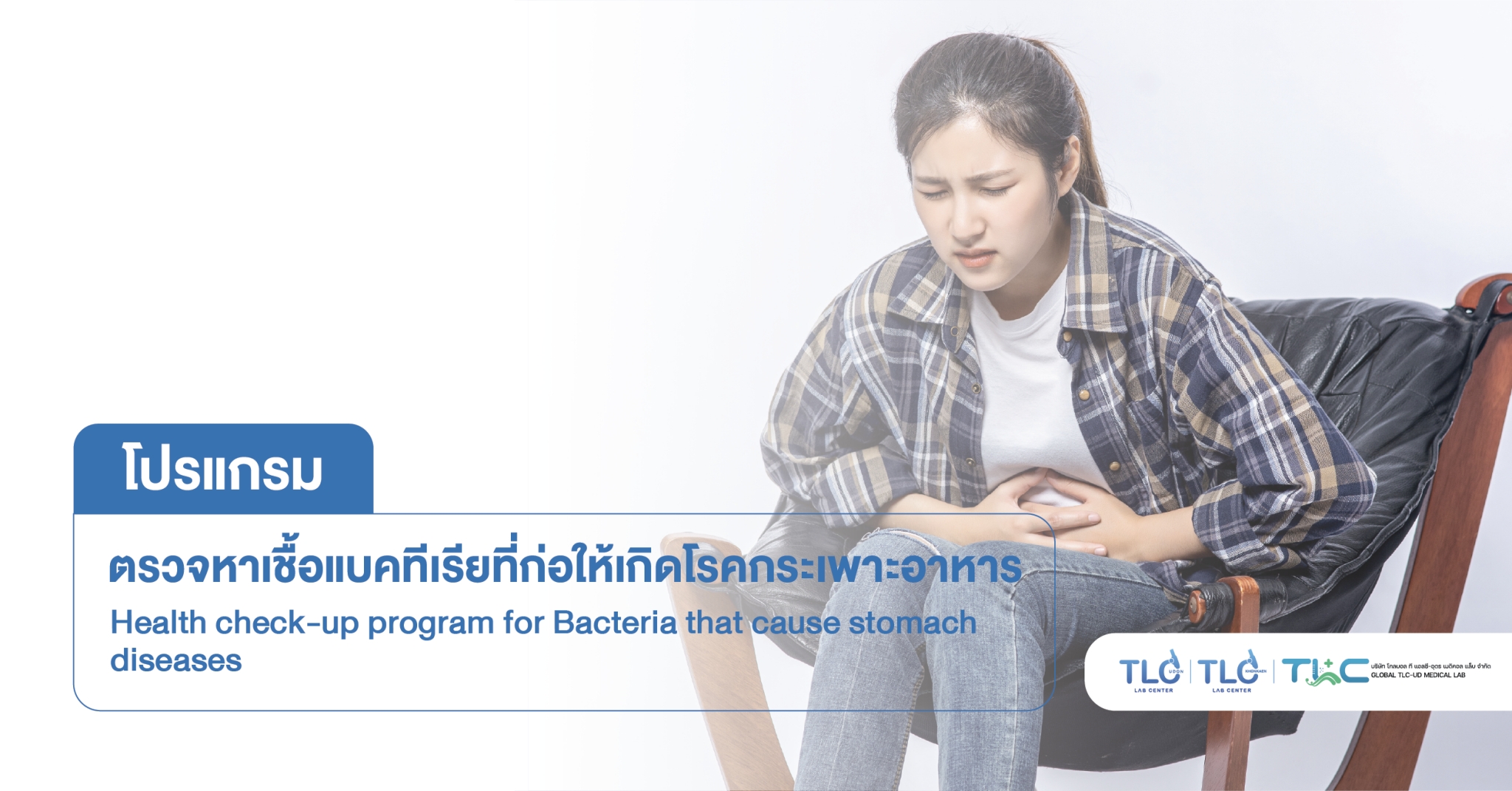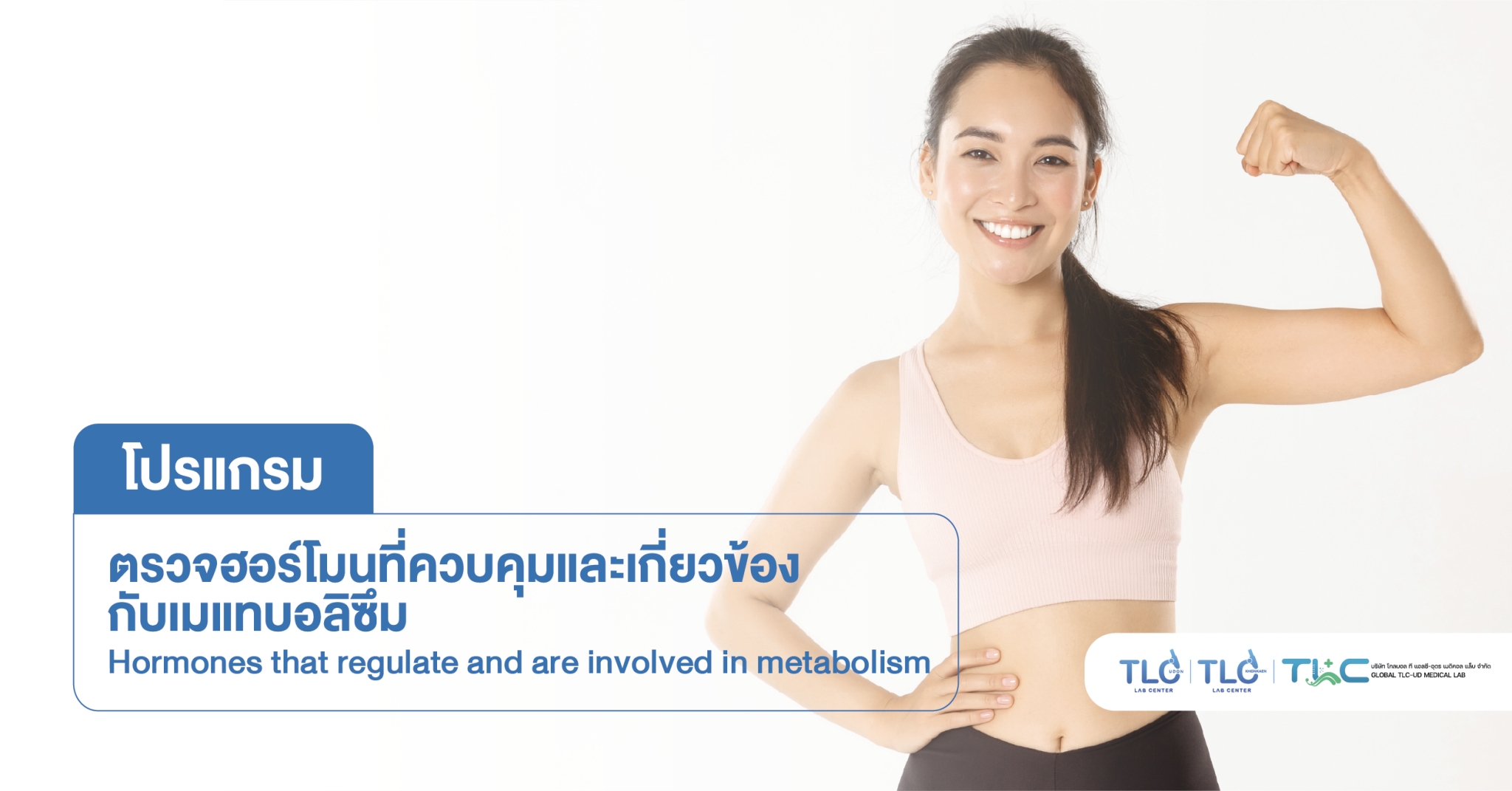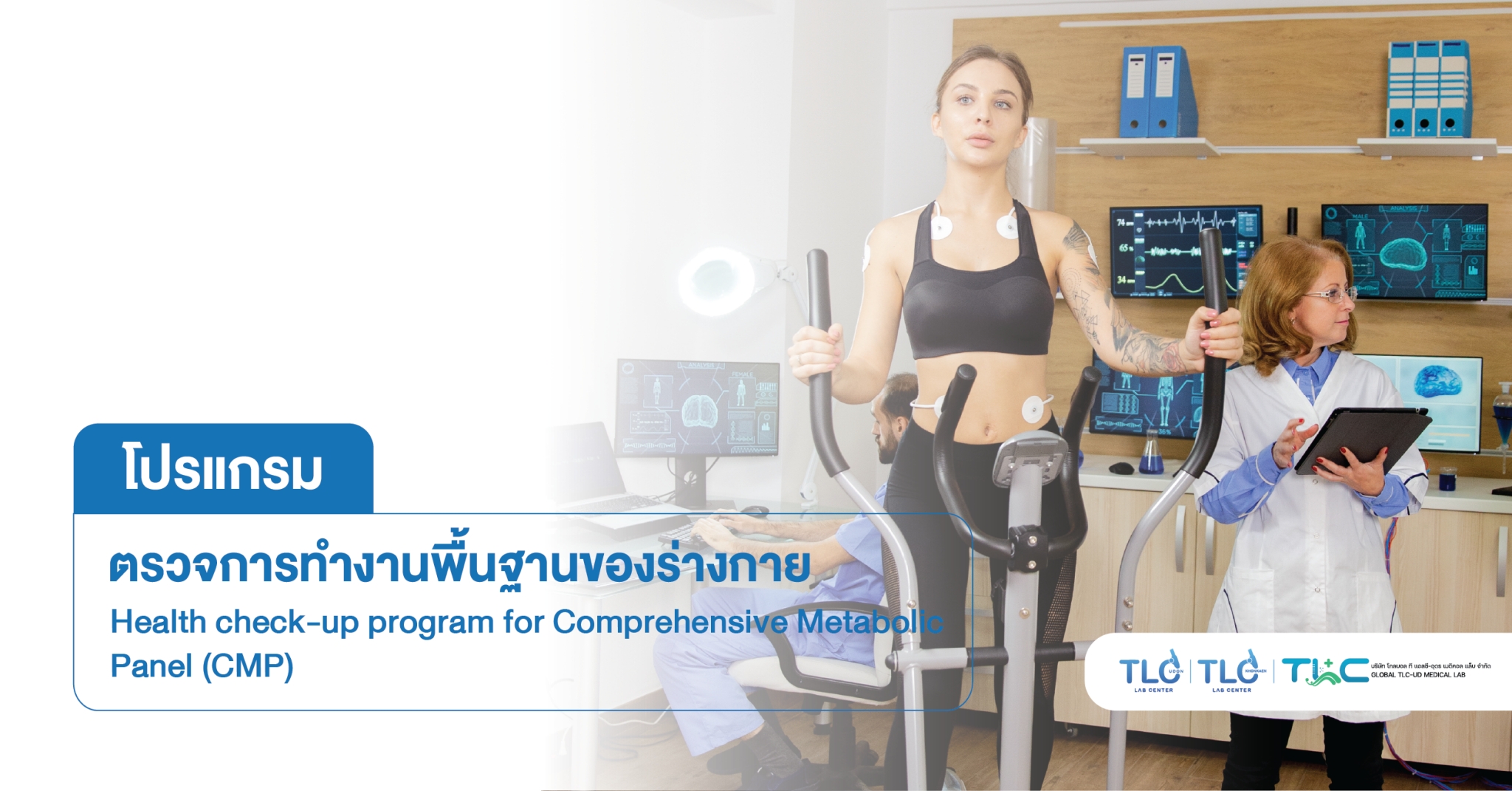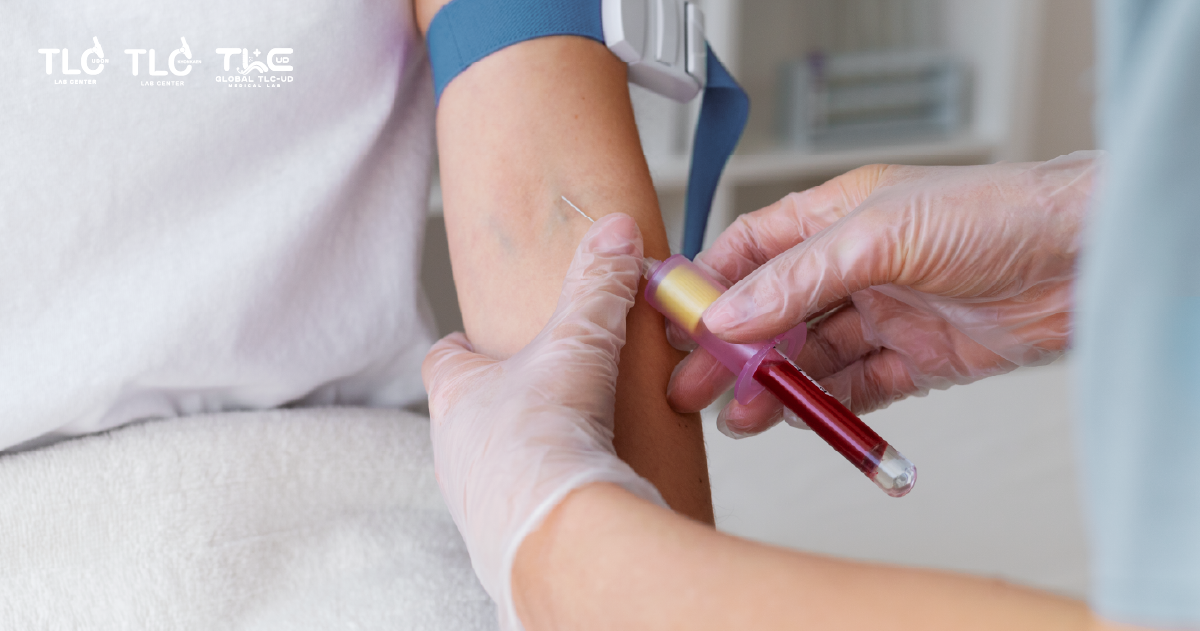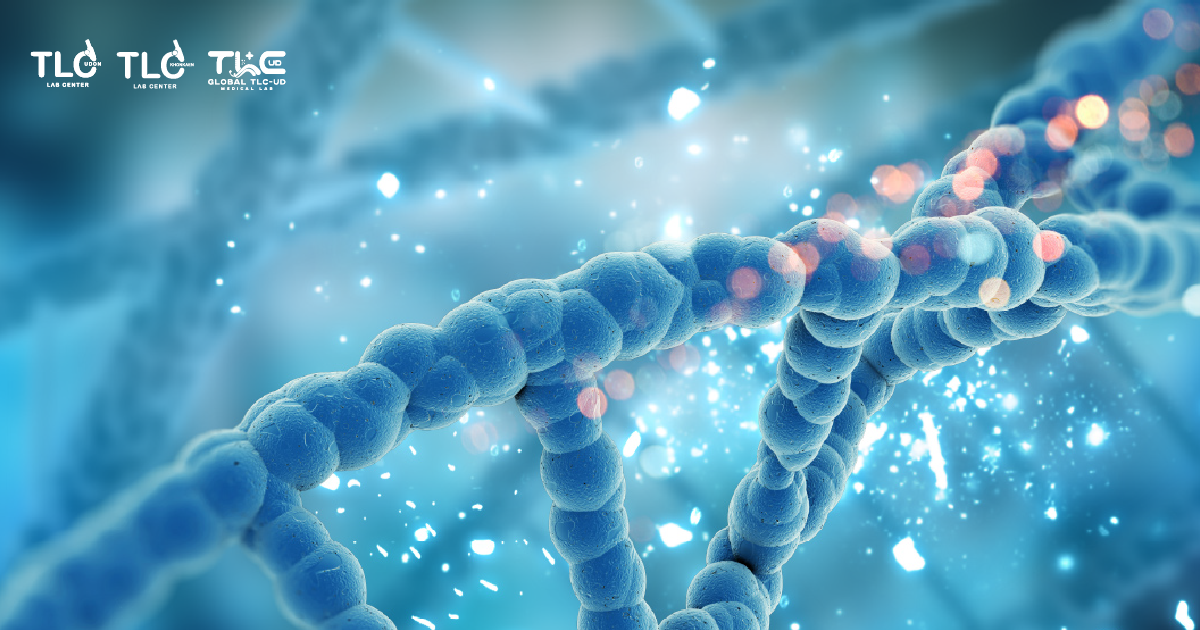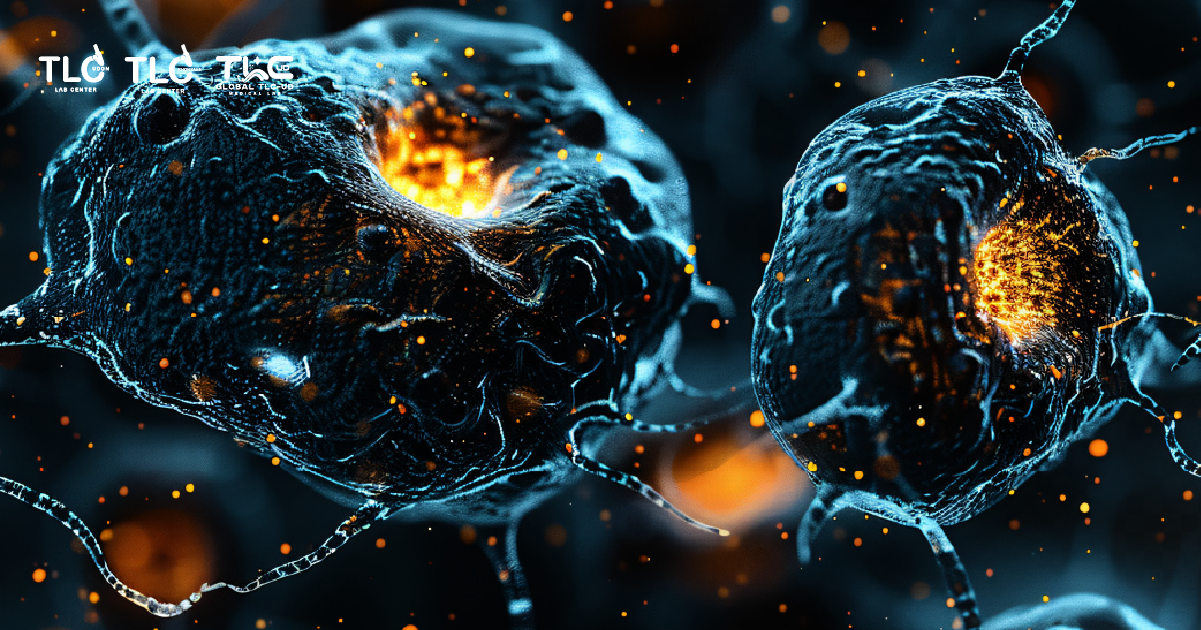Epigenetics refers to factors beyond the DNA sequence itself that influence how genes are expressed.
Importantly, epigenetic mechanisms can alter gene expression without changing the underlying DNA code.
These changes are affected by lifestyle, including diet, exercise, sleep quality, stress levels, environment, and age.
To better understand what epigenetics is and why it matters to everyone, this article explains its principles, mechanisms, and how your everyday choices can shape your genes.
What Is Epigenetics?
Epigenetics (from the Greek “epi,” meaning “above” or “beyond”) describes biological mechanisms that regulate gene activity without altering the genetic structure itself.
While genes (DNA) determine our inherited traits through protein synthesis, epigenetic processes can activate or silence those genes in response to external and internal factors such as:
- Lifestyle: diet, exercise, sleep, and stress
- Environmental influences: pollution, cigarette smoke, fine particulate matter (PM 2.5), and certain chemicals
To illustrate: Genes can be seen as our destiny — the biological blueprint we are born with. Epigenetics, by contrast, represents the choices and experiences that can modify how that destiny unfolds. In other words, healthy or unhealthy lifestyles can change how genes behave — turning them on or off — without altering the genetic code itself.
Key Mechanisms of Epigenetics
Epigenetic regulation operates through three main biological processes:
- DNA Methylation
The addition of methyl groups to DNA molecules — one of the most important epigenetic mechanisms — modifies gene expression without changing DNA sequences.
Studying DNA methylation helps researchers understand disease risk and how genes respond to environmental or lifestyle influences. - Histone Modification
DNA is wrapped around proteins called histones. Chemical modifications to these proteins — such as methylation, acetylation, ubiquitylation, and phosphorylation — can either tighten or loosen DNA packaging, influencing which genes are expressed.
Abnormal histone modification is associated with several chronic diseases. - MicroRNA (miRNA) Regulation
MicroRNAs are short RNA molecules (18–25 nucleotides) that do not code for proteins but regulate gene expression by binding to messenger RNA (mRNA), blocking its translation.
This process plays a key role in gene silencing, disease mechanisms, and the development of new therapeutic strategies.

How Epigenetics Affects Health
Epigenetic changes play a significant role in human health and behaviour, influencing:
- Cancer
Aberrant DNA methylation and histone modification can either suppress tumour-suppressor genes or activate oncogenes, contributing to cancer development. - Metabolic Disorders
Poor dietary habits — such as high sugar or high-fat intake — can cause epigenetic alterations in genes that regulate glucose metabolism, increasing the risk of type 2 diabetes and obesity. - Mental Health and Behaviour
Chronic stress can induce epigenetic changes, such as DNA methylation in genes regulating cortisol, the stress hormone.
These changes are associated with increased susceptibility to anxiety and depression. - Foetal Development
A mother’s environment during pregnancy — including nutrition, stress, and exposure to pollutants — can affect the baby’s epigenetic profile, influencing long-term disease risk later in life.
How Lifestyle Shapes Gene Expression
1. Diet
The nutrients we consume provide the raw materials for epigenetic regulation.
Key compounds that influence epigenetic activity include:
- B vitamins (especially folate)
- Choline (found in eggs)
- Cruciferous vegetables (e.g. broccoli, cabbage)
These nutrients support the formation of methyl groups, essential for maintaining a balanced epigenome.
A nutrient-rich diet can suppress inflammation-related genes and promote those involved in cell repair and longevity.
2.Exercise
Physical activity is one of the most powerful modulators of epigenetic patterns.
Regular exercise induces beneficial methylation changes in genes associated with:
- Metabolism
- Fat storage
- Inflammation
This helps explain why exercise is so effective in preventing chronic disease.
3. Stress Management
Chronic stress affects the body not only psychologically but biologically.
Elevated cortisol levels can trigger negative epigenetic changes, activating genes linked to anxiety and inflammation.
Conversely, practices such as:
- Meditation
- Mindfulness have been shown to create positive epigenetic effects, enhancing emotional resilience and overall wellbeing.
4. Sleep
Quality sleep allows the body and brain to repair and restore themselves.
Research shows that sleep deprivation or disrupted circadian rhythms can alter epigenetic markers on “clock genes,” affecting metabolism, mood, and general health.
5. Avoiding Toxins
Exposure to cigarette smoke, air pollution, and certain chemicals can damage the epigenome and accelerate cellular ageing.
Conclusion
Epigenetics teaches us that health is not fixed at birth, but is rather an ongoing dialogue between our genes and our lifestyle.
Every wholesome meal, every workout, every restful night’s sleep, and every calm moment sends a positive message to your DNA.
By making mindful choices, we can help our genes express their healthiest potential — shaping not only our own wellbeing but that of future generations.

References
- Moosavi, A., & Ardekani, A. M. (2016). Role of epigenetics in biology and human diseases. Iranian Biomedical Journal, 20(5), 246–258.
- Aristizabal, M. J., Anreiter, I., Halldorsdottir, T., Odgers, C. L., McDade, T. W., Goldenberg, A., & Sokolowski, M. B. (2020). Biological embedding of experience: A primer on epigenetics. Proceedings of the National Academy of Sciences, 117(38), 23261–23269.
- Ganesan, A., Arimondo, P. B., Rots, M. G., Jeronimo, C., & Berdasco, M. (2019). The timeline of epigenetic drug discovery: From reality to dreams. Clinical Epigenetics, 11(1), 174.
- Meza-Menchaca, T., Díaz-Martínez, A., & Fernández-Rojas, B. (2024). Revisiting epigenetics fundamentals and its biomedical implications. International Journal of Molecular Sciences, 25(14), 7927.
- Dai, X., Zhang, W., & Wang, Y. (2024). Epigenetics-targeted drugs: Current paradigms and future directions. Signal Transduction and Targeted Therapy, 9(1), 164.



